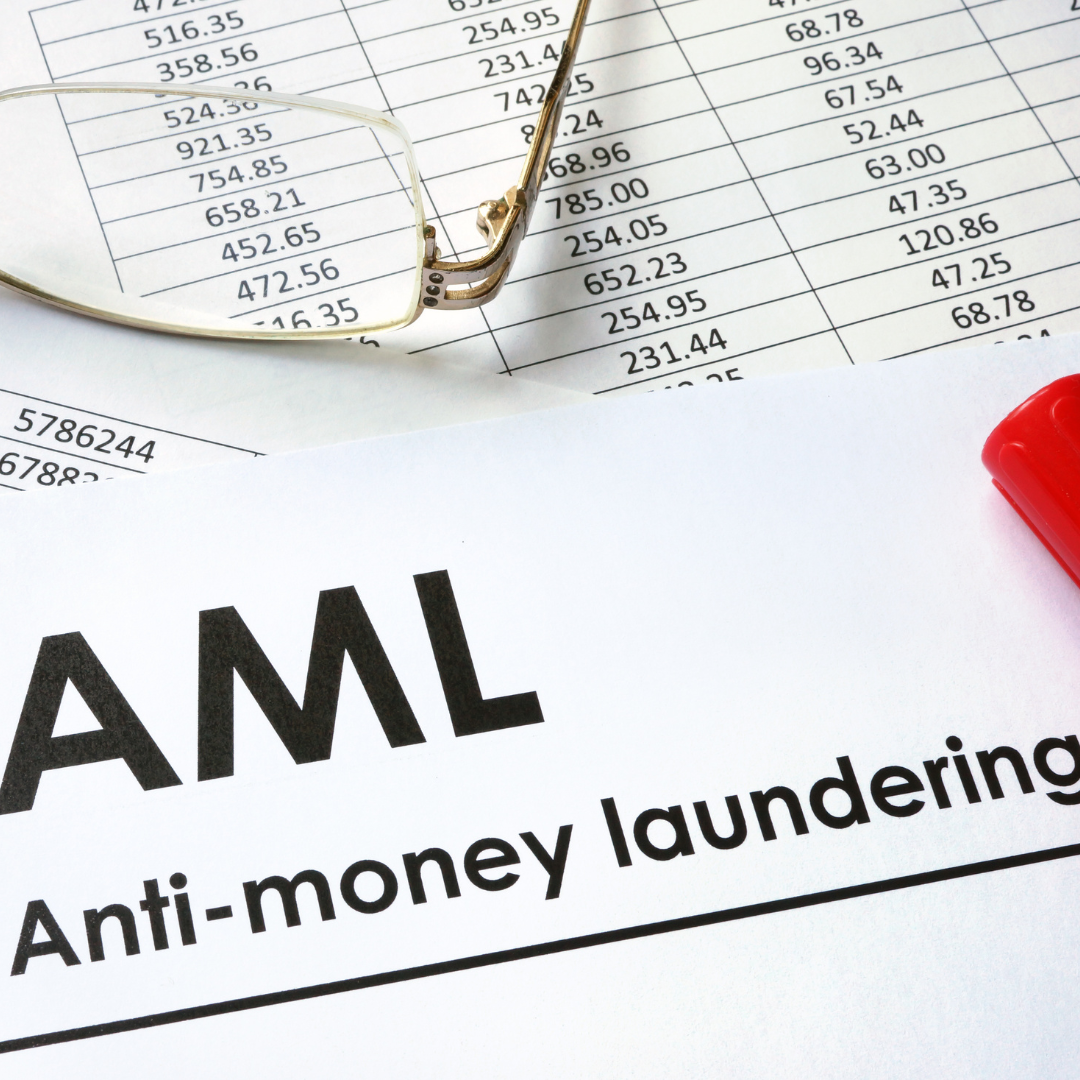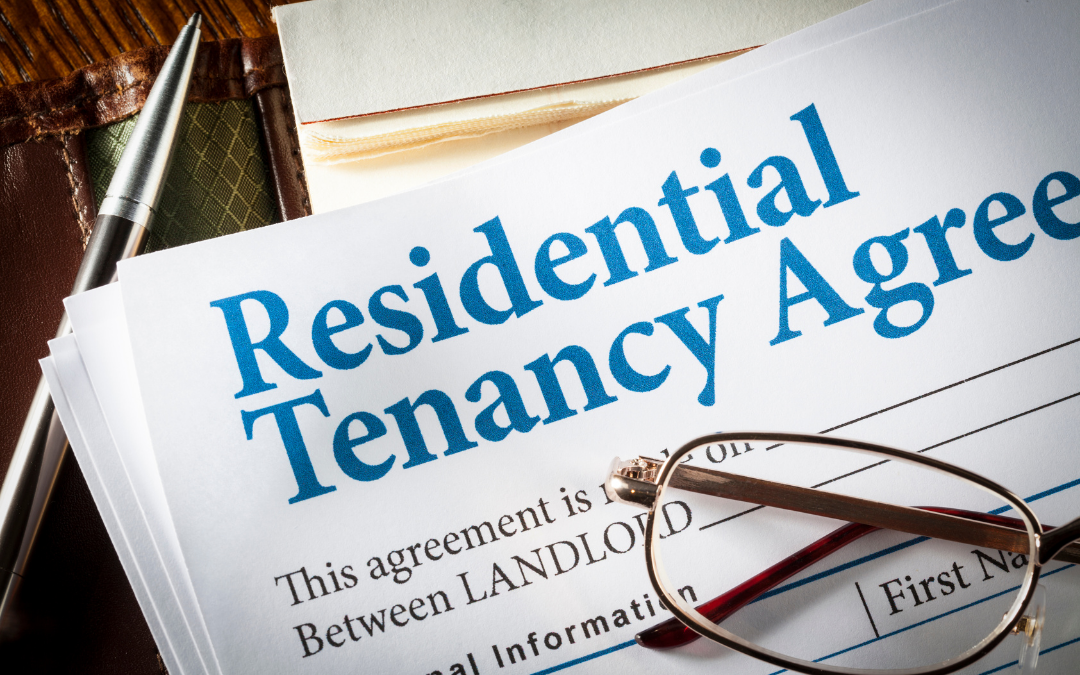Anti-Money Laundering Regulations for Landlords
All letting agents and potentially, therefore, Landlords if they let directly, will need to comply with Anti-Money Laundering Regulations.
What is Money Laundering?
Money Laundering is a way by which criminals disguise the source and ownership of their money in an attempt to make the money lose its criminal identity and appear as though it has originated from a legitimate source.

Customer Due Diligence
For landlords using an agent to let their property then it is the agent’s responsibility to ensure they ‘know their customer’, and therefore should be able to demonstrate Customer Due Diligence
The leading membership body for property agents, Propertymark believes “it is best practice for all letting agents, regardless of whether they fall under the definition of businesses with HMRC for AML supervision to carry out CDD on all their customers”. So even if you do not meet the criteria, it is best practice to:
- take appropriate steps to identify and assess risks of money laundering and terrorist financing
- establish an up-to-date written risk assessment and a written policy on how to manage the risk
- appoint a nominated officer – Money Laundering Reporting Officer (MLRO) – who will be responsible for the letting agency complying with the Money Laundering Regulations
Need to fix a repair or breakdown?
Landlord Blog
Demystifying the Section 8 Notice: A Comprehensive Guide for Landlords
When it comes to managing rental properties, landlords occasionally find themselves in situations where tenants are in breach of their tenancy agreements. In such cases, a Section 8 notice can be a valuable tool to regain possession of the property.
Navigating the Rental Revolution: A Deep Dive into the Renters’ Reform Bill
The Renters’ Reform Bill is a hot topic in the UK, aiming to bring a wave of change to the rental market. We’ve rounded up all you need to know about this exciting development and will keep you updated as the details unfold.
A Comprehensive Guide: How Landlords Can Prepare for Bailiff Evictions in the UK
Evictions can be a challenging and distressing process for landlords in the UK, particularly when the tenant is uncooperative or has failed to pay rent. If all other methods to resolve the situation have been exhausted, landlords may need to consider the last resort – applying for a bailiff eviction.
We create this content for general information purposes and it should not be taken as advice. Always take professional advice. Please read our full disclaimer.


















